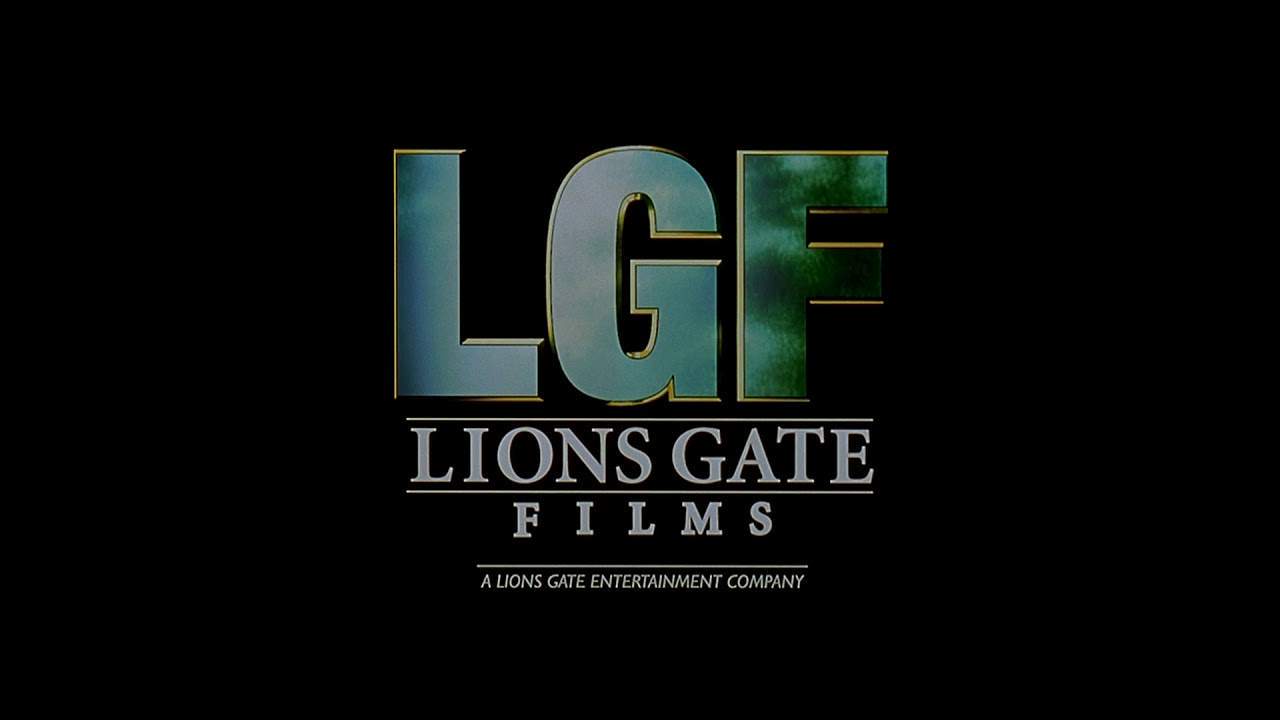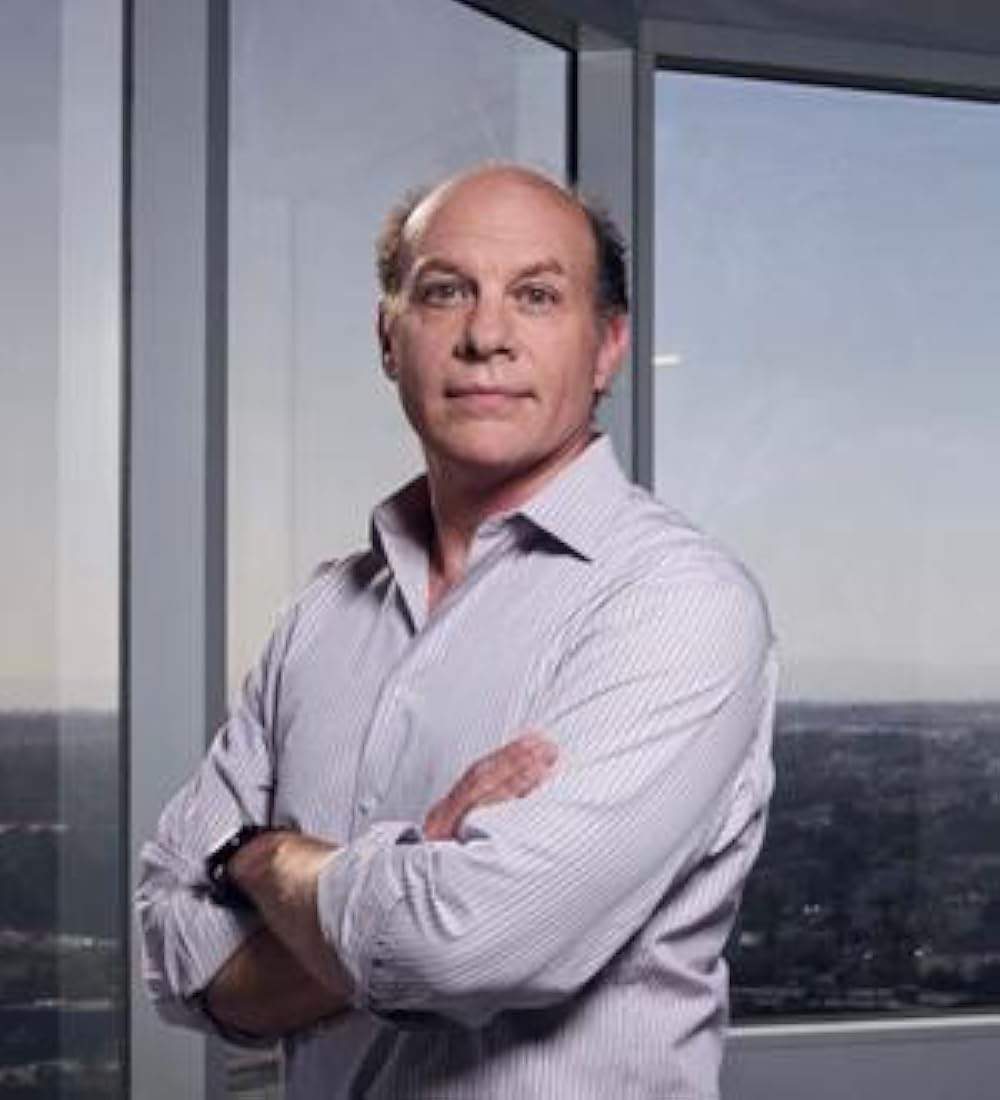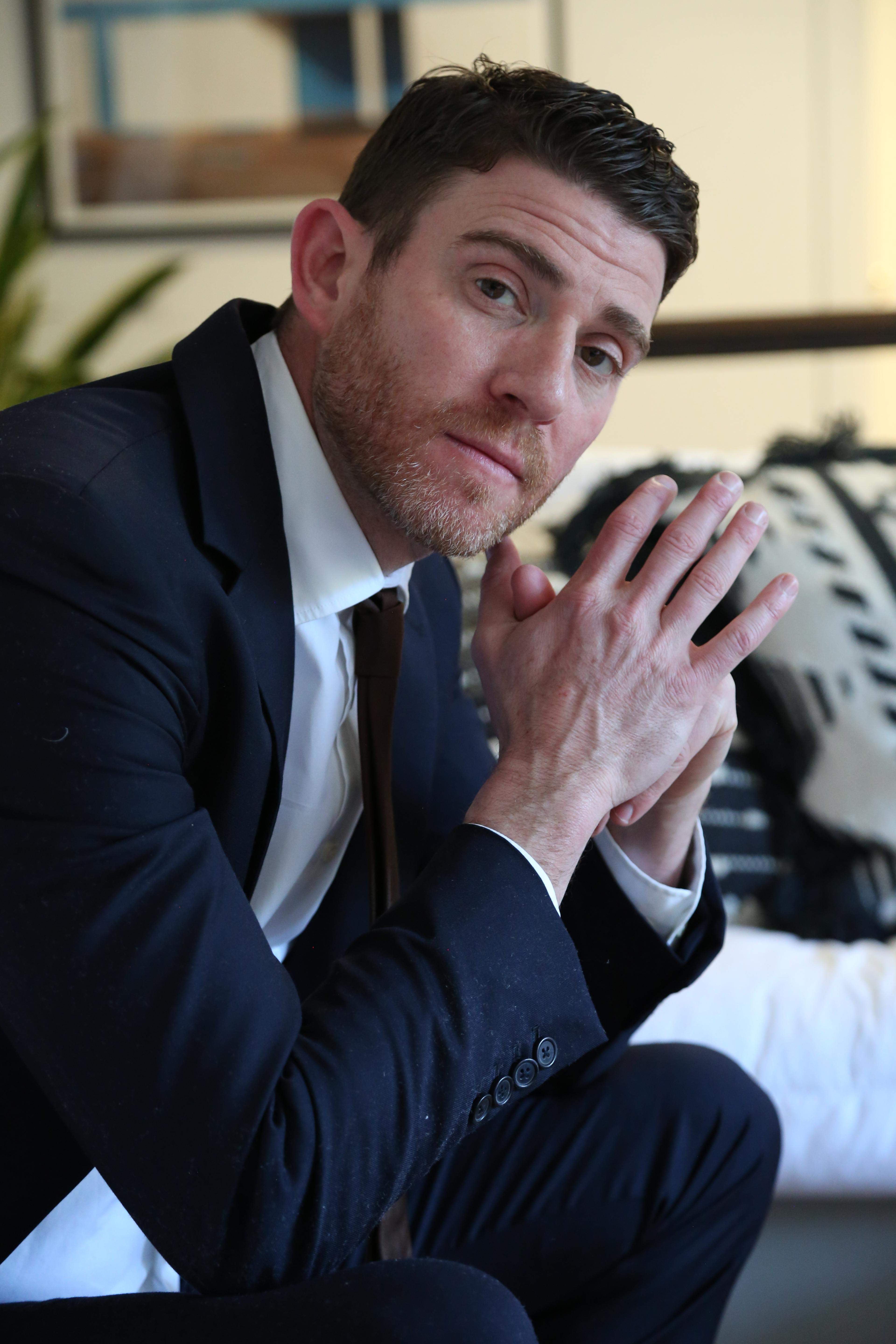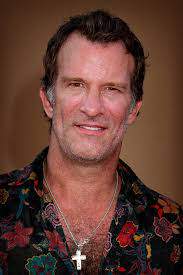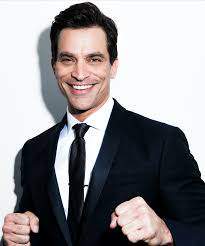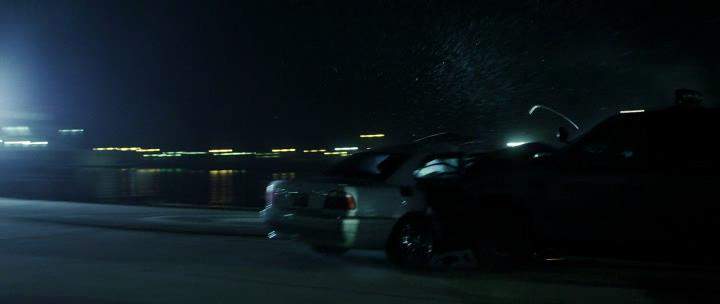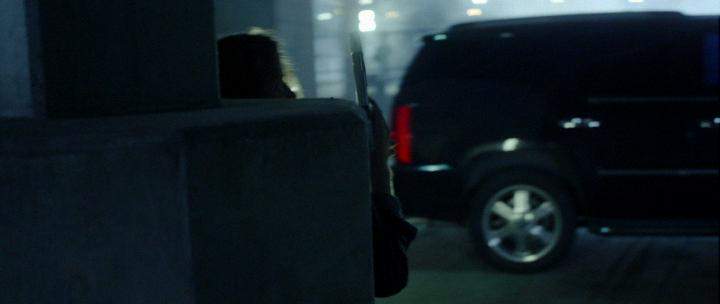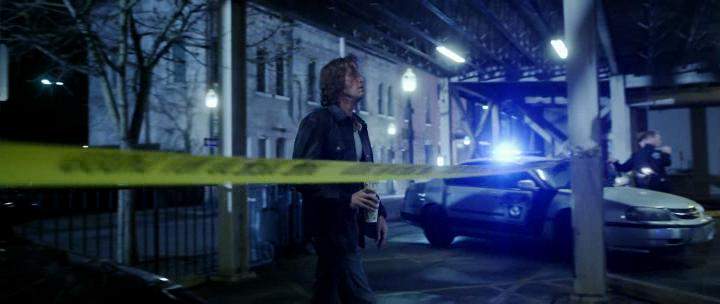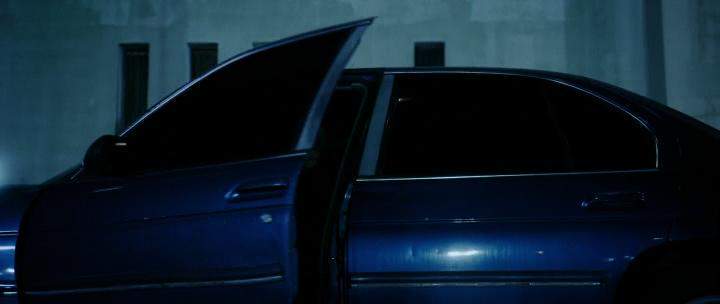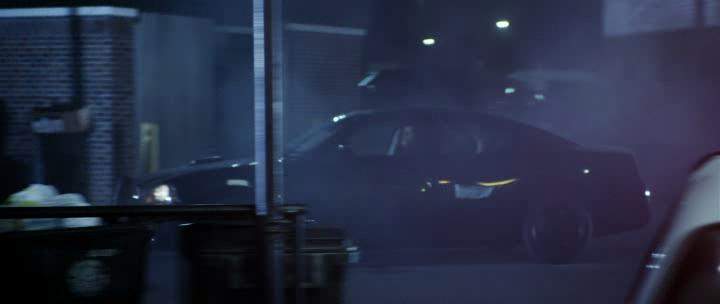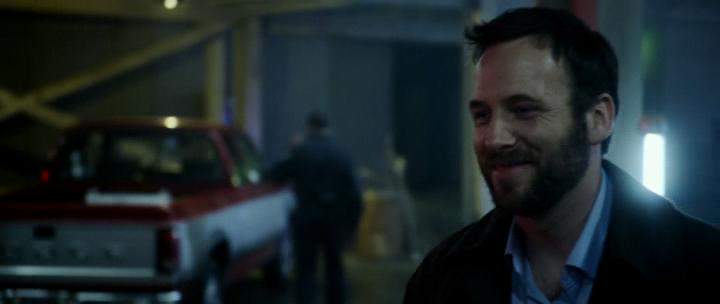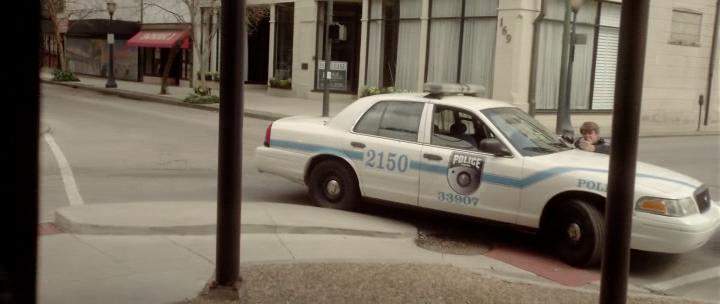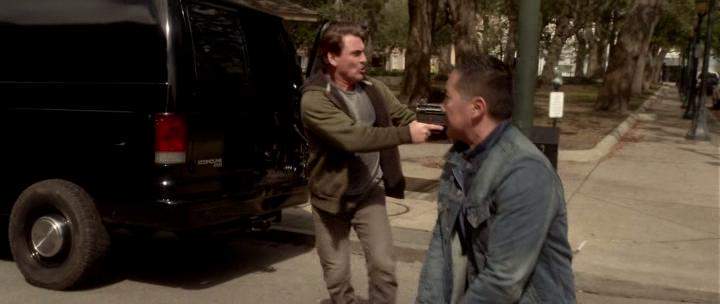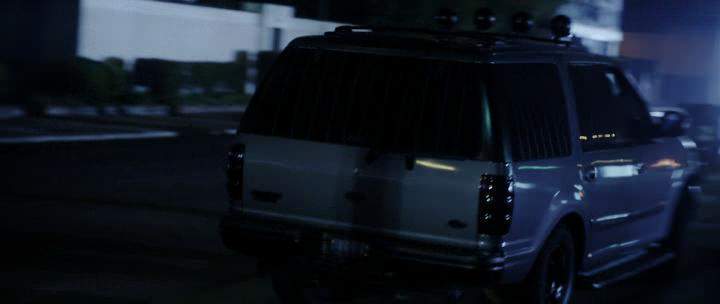Vice 2015
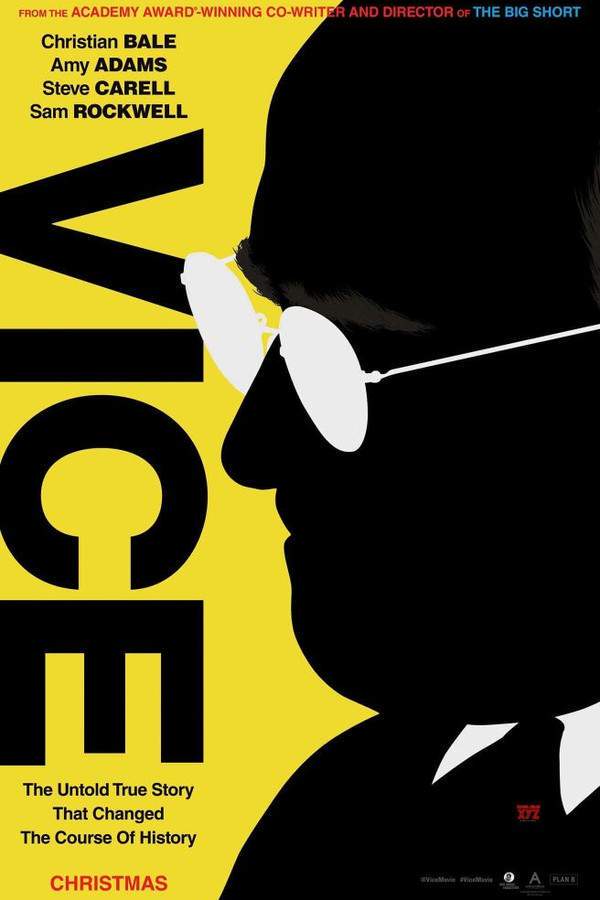
Within the surreal world of VICE, an artificial being gains self-awareness and escapes her programming. She finds herself caught between the desires of humans and the violence that surrounds her, forcing her to confront Julian Michaels, a ruthless resort owner, and a dedicated police officer. Both are determined to either safeguard or eliminate the artificial inhabitants of VICE.
Does Vice have end credit scenes?
No!
Vice does not have end credit scenes. You can leave when the credits roll.
Meet the Full Cast and Actors of Vice
Explore the complete cast of Vice, including both lead and supporting actors. Learn who plays each character, discover their past roles and achievements, and find out what makes this ensemble cast stand out in the world of film and television.
External Links and Streaming Options
Discover where to watch Vice online, including streaming platforms, rental options, and official sources. Compare reviews, ratings, and in-depth movie information across sites like TMDb, Wikipedia, Rotten Tomatoes or Metacritic.
Ratings and Reviews for Vice
See how Vice is rated across major platforms like IMDb, Metacritic, and TMDb. Compare audience scores and critic reviews to understand where Vice stands among top-rated movies in its genre.

17
Metascore
3.1
User Score


64%
TOMATOMETER

61%
User Score

44
%
User Score

3.8
From 9.7K fan ratings

2.26/5
From 19 fan ratings
Take the Ultimate Vice Movie Quiz
Challenge your knowledge of Vice with this fun and interactive movie quiz. Test yourself on key plot points, iconic characters, hidden details, and memorable moments to see how well you really know the film.
Vice Movie Quiz: Test your knowledge about the political drama 'Vice' and its portrayal of Dick Cheney's controversial life and career.
What pivotal event is centrally featured in the movie?
September 11th
Watergate
The Iraq War
The Vietnam War
Show hint
Full Plot Summary and Ending Explained for Vice
Read the complete plot summary of Vice, including all major events, twists, and the full ending explained in detail. Explore key characters, themes, hidden meanings, and everything you need to understand the story from beginning to end.
In the wake of a fleeting glimpse into the turbulent youth of Dick Cheney, the story transports us back to a critical day: September 11th. In an intense atmosphere within an underground bunker at the White House, a grave choice is made — with presidential authority, any aircraft identified as a threat is to be shot down. A voiceover narrates this pivotal moment, indicating that many remain oblivious to the extraordinary journey that led one man to hold such remarkable influence, a journey that would ultimately reshape history and touch the lives of countless individuals.
The story beautifully unfolds to reveal the early years of Dick Cheney and his wife Lynne Cheney, presenting a layered depiction of their complex relationship from the very beginning. We meet a young Lynne, a high-achieving student brimming with ambitions, contrasted with a wayward Dick, expelled from Yale for his excessive drinking. After his release from jail, Lynne confronts him about his aimlessness, urging him to reclaim control of his life — a plea that carries weight as Lynne’s own upbringing was marred by her father’s struggles with addiction and abuse.
As we delve deeper into Dick Cheney’s formative years, we witness him undertaking a congressional internship where he unexpectedly bonds with the gruff Donald Rumsfeld. However, this partnership is short-lived, as Rumsfeld is soon dispatched to an ambassadorial post due to his contentious relationship with the Nixon administration. Meanwhile, Lynne’s family suffers tragedy when her mother drowns under mysterious circumstances, sparking speculation about a link to domestic violence, though no legal actions are pursued.
The narrative then shifts to trace Dick Cheney’s rising career as he becomes a close advisor to Rumsfeld upon his return from overseas. Following Nixon’s downfall after Watergate, Rumsfeld is appointed Secretary of Defense by President Ford, with Dick taking up the role of Chief of Staff. During this era, Cheney is introduced to a controversial legal theory from young Antonin Scalia known as the Unitary Executive Theory, suggesting that any action taken by the president is inherently justifiable given their office.
However, as Cheney begins to implement these ideologies, the political landscape changes, ushering in Carter as the next president, leaving many, including Dick and Lynne, scrambling for employment. Back in Wyoming, Dick makes a bid for Congress but suffers a heart attack mid-campaign, compelling Lynne to step in and bolster his chances, leading to his eventual triumph.
As Dick ascends in the political realm, he successfully repeals the fairness doctrine, paving the way for the birth of Fox News. At a high-profile event, the Cheneys encounter George Bush Sr., who observes the tribulations faced by his “black sheep” son George W. (portrayed by Sam Rockwell).
As family dynamics evolve, Dick Cheney’s daughter Mary finds herself in a whirlwind of controversy after abruptly leaving school following an intense episode with her girlfriend. This revelation sends ripples through the family, but Dick’s steadfast support and unconditional love shine as a guiding light. Meanwhile, his own political aspirations rekindle as he contemplates a presidential run, only to be dissuaded by poor polling figures. Instead, he assumes a pivotal role as CEO of Halliburton, waiting for an opportunity to arise when George W. extends an enticing offer for the Vice Presidency.
Once ensconced in the White House, Dick Cheney becomes a formidable force, manipulating his position to exert control over various departments and initiatives. He notably engineers tax breaks for the affluent and curtails environmental regulations, which earns him a reputation as a calculated political strategist.
However, everything shifts dramatically with the onset of 9/11, throwing the nation into a state of turmoil. In the bunker, as he confers with his lawyer, Dick becomes preoccupied with Iraq, a nation rich in oil and seen as a potential prize. Ignoring Colin Powell’s (played by Tyler Perry) objections, Cheney obsessively seeks to link Saddam Hussein to the terrorist attacks, employing dubious intelligence and questionable sources to bolster his claims.
What follows is a cascade of events leading to the catastrophic invasion of Iraq, driven by the fallacy of Iraqi weapons of mass destruction. With assistance from John Yoo, a legal advocate claiming unfettered governmental rights over its citizens, Dick Cheney’s administration plunges into a reckless campaign.
As the drumbeats of war grow louder, Powell reluctantly delivers a pivotal speech aimed at drawing connections between Saddam Hussein and Al Qaeda, despite his doubts. This speech initiates the tragic chain reaction that soon results in the invasion of Iraq.
Throughout this chaotic period, Cheney’s interests remain intertwined with Halliburton, allowing him to secure lucrative contracts and solidify his legacy as a master manipulator amidst a throng of power struggles. As Cheney’s tenure reaches its zenith, he faces an array of scandals, including accidentally shooting a friend during a hunting incident and the unauthorized exposure of undercover agent Valerie Plame’s identity, allegedly triggered by her journalist spouse’s criticisms of the Iraq war. Meanwhile, the emergence of Abu Musab al-Zarqawi in the turmoil following the US invasion lays the groundwork for the rise of ISIS.
The Iraq war culminates in disarray, failing to uncover any WMDs while exposing egregious human rights abuses that further erode public confidence. Confronted by pressure within his administration, Rumsfeld is eventually ousted, and Dick grapples with ongoing health issues, culminating in a life-threatening heart condition that necessitates a transplant.
As the curtains draw on Cheney’s presidency, his daughter Liz Cheney (portrayed by Lily Rabe) struggles to gain support in her pursuit of Wyoming’s congressional seat, hindered by her indecisive stance on gay marriage. In a decisive move, she seeks her parents’ wisdom and shifts her position on the issue during a televised interview, which deeply impacts family dynamics with her sister Mary.
In an honest confrontation, Dick is pressed regarding his management of sensitive information but remains unrepentant, asserting that his motives were centered on the safety of American lives. His presidency leaves a staggering human toll, with thousands of soldiers and civilians lost as a result of his policies, while Halliburton sees its stock soar over 500%. A troubling narrative emerges of Dick Cheney and the Bush administration misplacing nearly 22 million emails, a glaring testament to their lack of transparency.
As the credits roll, a mid-credits scene unveils a focus group grappling with the question of potential political bias within the film, leaving viewers to contemplate the complex realities surrounding these historical events.
Uncover the Details: Timeline, Characters, Themes, and Beyond!

Coming soon on iOS and Android
The Plot Explained Mobile App
From blockbusters to hidden gems — dive into movie stories anytime, anywhere. Save your favorites, discover plots faster, and never miss a twist again.
Sign up to be the first to know when we launch. Your email stays private — always.
Watch Trailers, Clips & Behind-the-Scenes for Vice
Watch official trailers, exclusive clips, cast interviews, and behind-the-scenes footage from Vice. Dive deeper into the making of the film, its standout moments, and key production insights.
Cars Featured in Vice
Explore all cars featured in Vice, including their makes, models, scenes they appear in, and their significance to the plot. A must-read for car enthusiasts and movie buffs alike.
Vice Other Names and Titles
Explore the various alternative titles, translations, and other names used for Vice across different regions and languages. Understand how the film is marketed and recognized worldwide.
Quick Links: Summary, Cast, Ratings, More

What's After the Movie?
Not sure whether to stay after the credits? Find out!
Explore Our Movie Platform
New Movie Releases (2025)
Famous Movie Actors
Top Film Production Studios
Movie Plot Summaries & Endings
Major Movie Awards & Winners
Best Concert Films & Music Documentaries
Movie Collections and Curated Lists
© 2025 What's After the Movie. All rights reserved.


